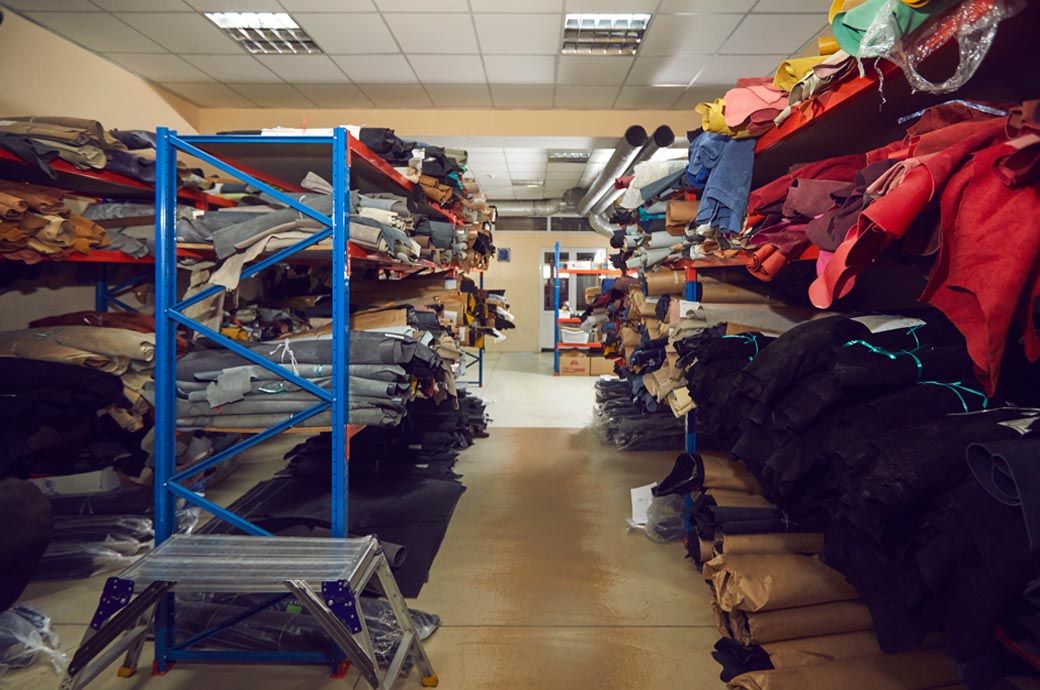
The country’s export earnings from the sector were worth $1,223.62 million in FY23—15 per cent lower than the target of $1,440 million, the latest Export Promotion Bureau (EPB) data showed.
Though the export growth was positive in leather products, it declined in leather and leather footwear.
Leather footwear exports declined by 6.93 per cent YoY in FY23 due to lower orders from Europe. The country shipped leather footwear worth $703.81 million in FY23—a decline from $756.18 million in FY22. Leather exports declined by 18.45 per cent to $123.44 million in FY23, compared to $151.37 million recorded during FY22.
The shipment of leather products, however, rose by 17.40 per cent to $396.37 million against $337.62 million in FY22.
Meanwhile, the fall in export earnings of jute and jute goods was high as well in the fiscal. The sector’s export earnings declined by 19 per cent to $912 million in FY23.
The Bangladesh Jute Mills Association attributed anti-dumping duty imposed by India on jute goods from Bangladesh and high prices of raw jute in 2020-21 to the decline in shipment of jute products, according to a report in a Bangladesh newspaper.
Many buyers switched to alternatives of jute yarn like cotton waste and synthetic fibre when the prices of raw jute shot up in Bangladesh.
Many exporters recently attributed the declining shipment of jute yarn and twine to the lower demand among carpet makers in Turkey and other countries, as the consumption of floor coverings has declined in advanced economies due to inflation and recession worries.
The war in Sudan, one of the largest markets for Bangladesh's jute products, has also affected shipments.
Jute yarn and twine export, which accounted for more than half of the export earnings, dipped by 29 per cent to $497 million in the July-June period of FY23—one of the sharpest falls.
Fibre2Fashion News Desk (DS)